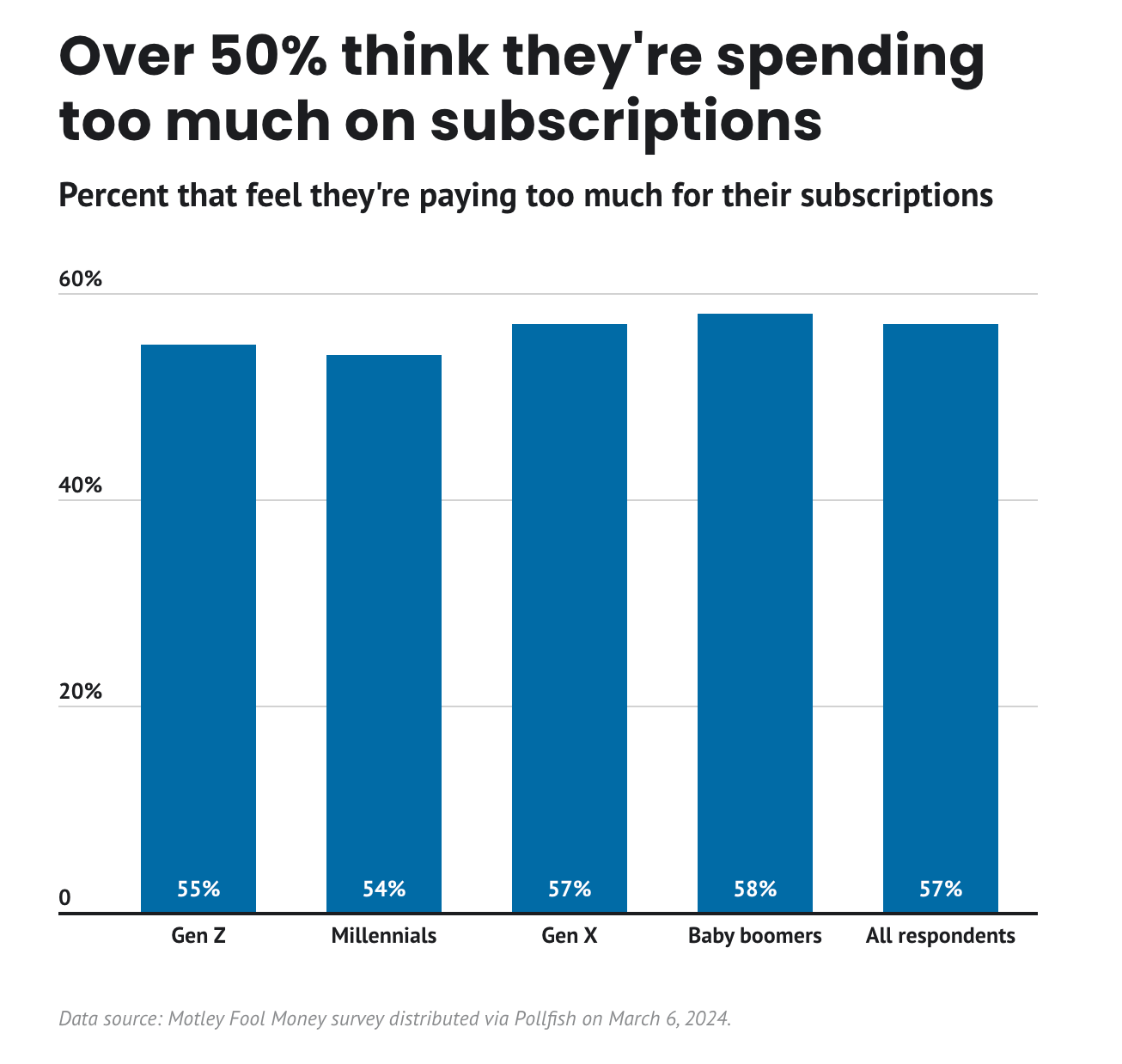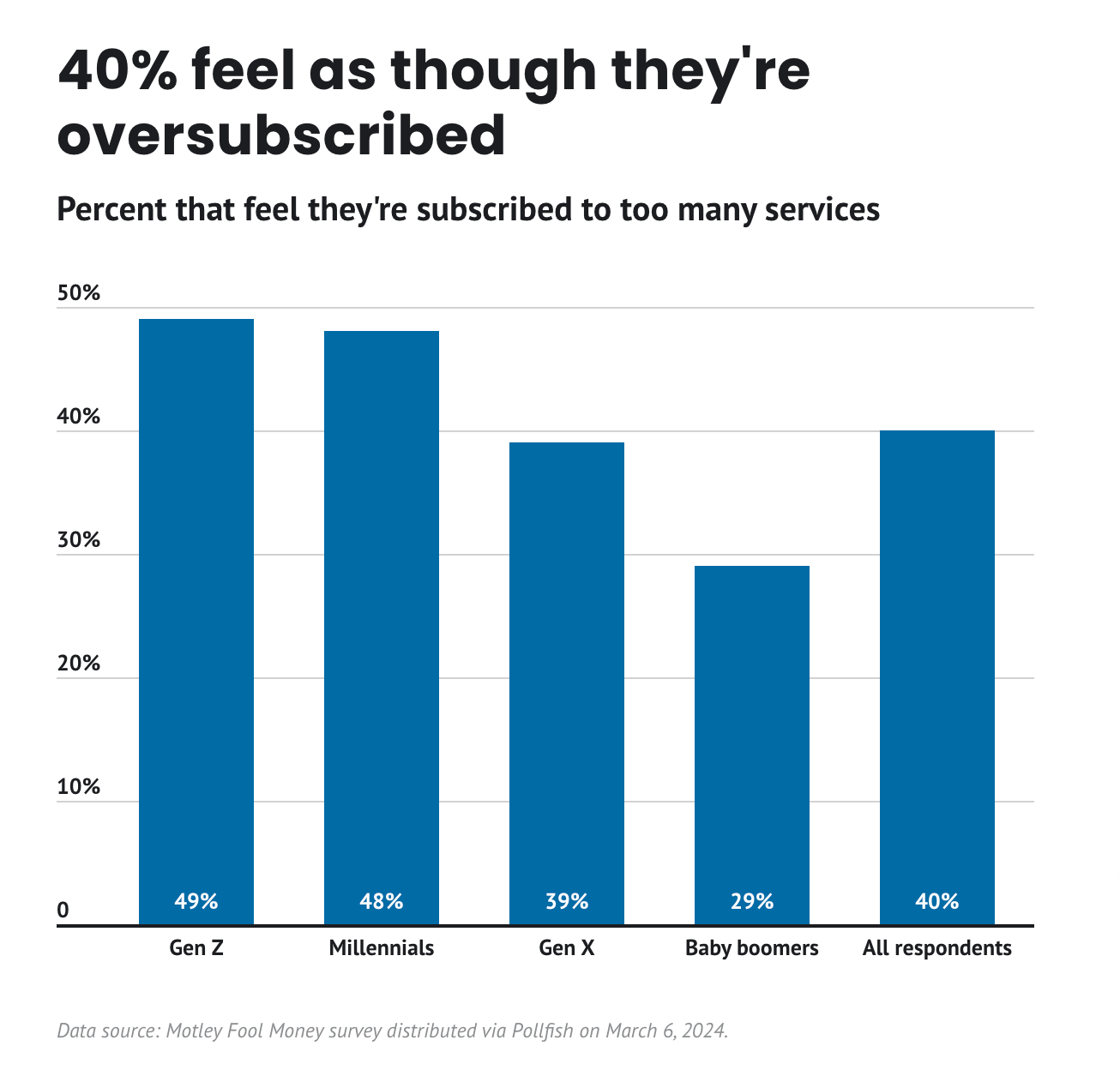Everything is a Subscription, and It's Abusive
Paying a subscription for KNOWLEDGE is ABUSIVE.
Disclaimer: The views and opinions expressed in this article are solely those of the author and do not reflect the official policy or position of any organization or entity. This post is based on personal observations and interpretations of current trends in the subscription economy and the effects of privatization. The data and statistics referenced in this article are from publicly available sources and surveys, and while efforts have been made to present them accurately, they are for informational purposes only. The author encourages readers to conduct their own research and consider multiple perspectives when forming opinions on the subject.
I can't afford to pay ANOTHER subscription for your app, SO I can't even afford the knowledge in a dictionary.
The other day, I went into Merriam-Webster and realized something disturbing:
the world of privatized knowledge has become a serious problem. Information that should be freely accessible is now locked behind paywalls. While the decision to privatize is a choice, charging for basic access to fundamental resources like this feels financially abusive and unreasonable
.
This trend isn’t limited to dictionaries. The broader landscape has shifted, and we are now living in a world where privatization has permeated every aspect of life. The erosion of public services is a prime example of this shift, with Trump dismantling the Department of Education, an institution that was meant to ensure equitable access to education for all. This is part of a larger pattern of public goods being increasingly privatized, whether it's education, healthcare, or, as we're seeing more recently, information. This privatization is fueling the subscription economy, where even basic knowledge, entertainment, and resources are behind paywalls, leaving many financially vulnerable.
From Trump dismantling the Department of Education to YouTube TV’s monthly $90 fee, it’s clear that the subscription-based economy is out of control. Every day, a new subscription service emerges. It’s overwhelming. We’re forced to pay for Hulu, Netflix, Peacock, Max, Zeus, and NowTV. On top of that, charges from Google and Apple appear unexpectedly. The constant barrage is exhausting, and the costs are adding up quickly.
By connecting Trump’s actions (specifically, his dismantling of the Department of Education) to the broader trend of privatization, you're showing that the issue isn’t just about financial overload from subscription services, but also a deeper societal issue where public resources and services that once supported the public good are being stripped away. This sets the stage for the conversation about the dangerous financial burden of the subscription economy.
In a 2024 survey conducted by Motley Fool Money, 57% of respondents believe they are overspending on subscription services. Over 50% of each generation surveyed thinks they are paying too much for subscriptions—Baby Boomers are the most likely to feel this way (58%), while Millennials are the least likely (54%).
The Strain of Rising Costs This perception could stem from two key issues: first, more products are available only through subscriptions, forcing a larger chunk of the average consumer’s budget to go toward them. Second, the rising prices of these subscriptions are not matched by any significant increase in value.
The survey shows that one-third of respondents are paying $100 or more per month for subscriptions. To break it down:
14% spend over $150/month.
19% spend between $100-$150/month.
Generational Differences in Spending Gen Z and Millennials are spending the most, with 42% of Gen Z and 44% of Millennials reporting that they pay over $100 each month on subscriptions. This is compared to just 27% of Gen X and 24% of Baby Boomers.
On the other hand, Baby Boomers spend the least, with 54% spending $0 to $50 a month on subscriptions. This is significantly higher than Gen X (44%), Millennials (30%), and Gen Z (26%).
Too Many Subscriptions 40% of survey respondents feel they’re subscribed to too many services. For younger generations, that number is nearly 50%, whereas for Gen X and Baby Boomers, it’s 39% and 29%, respectively.
How Many Subscriptions Are You Paying For? Looking at how many services people subscribe to (excluding essentials like internet, utilities, rent, and insurance), here's the breakdown:
We are living in an era of subscription overload. The fact that so many of us, especially younger generations, are signing up for services that are adding up to hundreds of dollars a month is a huge financial strain. The constant rise in prices with little added value is nothing short of abusive. As consumers, we need to demand more transparency, fairness, and accessibility when it comes to the information and services we rely on.
Sources:
Motley Fool Money. (2024).Survey: Most believe they’re overpaying for their subscriptions. Retrieved fromhttps://www.fool.com/money/research/survey-most-believe-theyre-overpaying-for-their-subscriptions









just the other day, i saw this video on youtube: https://youtu.be/I4mdMMu-3fc
we're seeing the effects of privatization and subscription-based models in art and in creative fields as a whole as well. it's getting nasty out here, and quite frankly, pirating has never become more justified
thank u for covering this! this is important to know and talk about. when it gets to the point that information and knowledge itself is being guarded behind the walls of subscriptions????? it's just not looking good